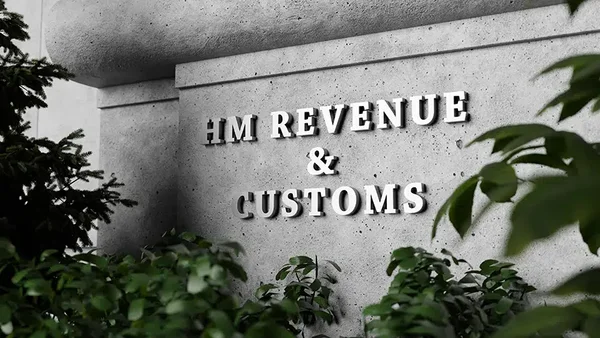The Government will remove the current inheritance tax break for pension pots from 6 April 2027, meaning families could face up to 40% tax on retirement savings above standard thresholds, even if the saver dies before accessing the money.
The change was announced by Chancellor Rachel Reeves in the 2024 Budget and is intended to align pensions with other assets for tax purposes. The Treasury says the policy aims to ensure pensions are used to fund retirement rather than as a means of passing on wealth tax-free.
Current Rules and How They’ll Change
At present, defined contribution pensions can be passed to beneficiaries without inheritance tax if the saver dies before the age of 75. If death occurs after 75, withdrawals are taxed as income for the recipient.
From 6 April 2027, the inheritance tax exemption will be removed. Pension savings will instead be subject to the 40% inheritance tax rate on amounts above the £325,000 nil-rate band. An additional £175,000 residence nil-rate band applies when passing on a main home to direct descendants.
The minimum pension access age will also rise from 55 to 57 in 2028, increasing the possibility that some savers will die before drawing on their funds.
Government’s Rationale
The Treasury has said the change is designed to keep pensions focused on retirement provision rather than inheritance planning. A spokesperson emphasised that the policy is part of wider reforms to “ensure fairness” in the tax system.
No independently verified figures are available for the projected revenue impact or the proportion of estates expected to be affected.
Reaction from the Financial Sector
Financial advisers and pensions specialists have expressed concern that the reforms will discourage long-term saving.
Critics argue that individuals who have contributed to pensions over decades with the expectation of tax advantages could see a substantial portion of those savings lost to inheritance tax if they die prematurely.
Industry bodies have warned that the measure may lead to unintended consequences, such as a shift towards other forms of saving that are less efficient for retirement.

Impact on Savers Approaching Retirement
The rise in the pension access age to 57 in 2028 means some individuals may not have the chance to draw on their pension before death, making their savings more vulnerable to the new tax.
Those with significant pension pots who planned to delay withdrawals for tax efficiency may need to review their retirement strategies in light of the changes.
Planning Considerations for Families
Financial planners are advising households to assess the size of their combined assets, including pensions, to understand potential inheritance tax exposure from 2027.
Options such as phased withdrawals, lifetime gifting, and the use of other tax-efficient savings vehicles may become more relevant for those wishing to minimise the impact on beneficiaries.
Calls for Further Review
Some pension industry voices have urged the Government to reconsider the reforms or at least introduce protections for smaller pension pots.
There have also been suggestions that the new pensions commission should review how inheritance tax interacts with retirement savings, to ensure the system does not unfairly penalise those who have saved consistently over their working lives.

Final Summary
From April 2027, pensions will no longer be exempt from inheritance tax, with savings above the nil-rate threshold taxed at up to 40%. The Government says the move will ensure pensions fund retirement rather than serve as an inheritance tool, but financial experts warn it could penalise savers and affect bereaved families.











